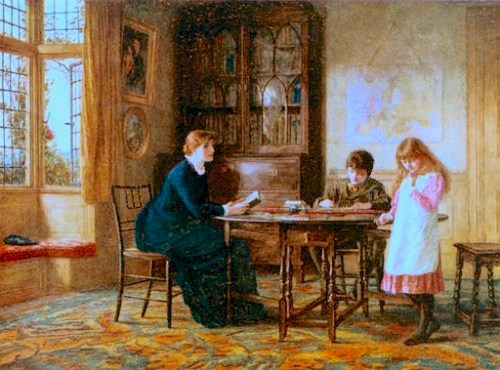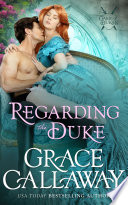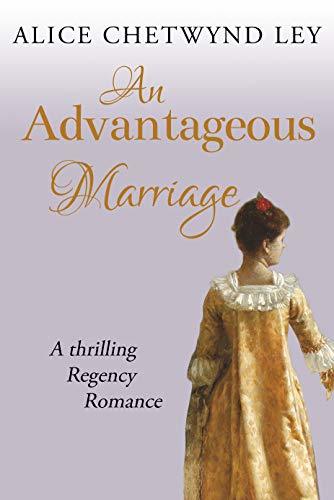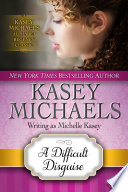Reading lately a lot of plots revolving around governesses, I thought it was worthwhile to take a peek at some primary sources to get the real scoop on what life was like for these intrepid young ladies.

The governess was essentially the female version of a tutor, working long hours in the home of aristocratic and well-to-do middle class wanting to improve their children’s expectations. She would have been almost exclusively from a middle class background, with a gentile family background and thorough education. The dip she took, upon taking an occupation, in socioeconomic status was often a necessary evil. As a book on governesses from 1847 tells us:
A governess would have no expectation of ever marrying, and her income would be mostly in the form of room and board with a meager (or no allowance) depending on the generosity of her employers (http://www.clas.ufl.edu/users/agunn/teaching/enl3251/vf/pres/james.htm). Their station also limited contact with either people from their former class/own age and household servants/working class, making the governess’ life a lonely, isolated one.(http://www.bbc.co.uk/learningzone/clips/victorian-governess/154.html).
Mothers and governesses, by the author of ‘Aids to … (1847)
Her ability to establish a pension or even companionship past her ability to work was dire, so much so that in 1829 The Governesses Mutual Assurance Society was formed in to help alleviate the hardship suffered by governesses, especially in illness and old age.
In reading many reference materials and letters addressed from retired governesses to young, new governesses, the overwhelming message is one of religious piety. The text from the Regency and later Victorian era emphasize that young teachers have a devotion to Christianity and teachings of the Bible. Undoubtedly, religion would have been a significant comfort to women often left to their own devices when not engaged in work. It would also have provided a safe barrier from the attentions of unscrupulous men in the household who might take advantage of an essentially champion-less female.
There is also a strong message that religion provides a source for educational inspiration. In addition to outlining lesson plans for students, the guides stress practical, common sense teaching that includes an awareness of nature, the world and spirituality.
Maria Edgeworth, in an essay on accomplishments (1825) has much to say about governesses and the qualities they should possess, in addition to being educated in language, dance, music and liberal arts. She accounts the tale of an opera dancer in Lyons pressing an English gentleman to recommend her as a governess, for surely she has all the necessary skills to teach young ladies any manner of accomplishments. However, an imagined dialogue shows a mother not likely to hire a woman of questionable virtue and reputation to tutor her innocent daughter, no matter what her accomplishments.
The argument Edgeworth presents is that accomplishments are skills which should not be valued above practical education and the practice of learning. In other words, she stresses governesses should instill the ability of her students to learn, rather than present technical excellence in skills which may very well go out of fashion. She continues:
The thrust of her point gives us a deeper understanding of why retired governesses recommend liturgical dedication to their students. A governesses’ chief quality seems to be as a moral compass which informs her students manner to be polite, considerate, and amiable.
Edgeworth and others advocate for some liberties and niceties not afforded to other household staff. An income meant to provide for a suitable wardrobe, the ability to join in parties or serve in the lady of the house’s stead, and the occasional attendance at functions are recommended as ways in which families can ensure their governesses have knowledge of the life they are grooming their students for.
The Magazine of Domestic Economy – Volume 4 – (1839)
Any additional latitude a family might countenance their governess is underscored by a warning to masters and mistresses to watch out for scheming temptresses.
The Magazine of Domestic Economy – Volume 4 – (1839)
This theme crops up time and time again, in both guides to families and to young governesses, warning them not to look above their station or to seduce or be seduced by masters.
The long and short of it is, the governess likely wouldn’t go off gallivanting with the lord of the manor, leaving her charge(s) to fend for themselves or be under their parent’s feet. Less likely would a women reared to exalted moral expectation be even slightly tempted to give her boss a big smack on the lips or slip on the shoulder.
Yes, I know that historical Reg Rom, which enjoys liberties with the governess plot, is not a bastion of accuracy. However, the conflict that some writers try to capture of a once Season-able young miss being forced to find her way as a governess could be made much more interesting if the conflict between dashed expectations and new, high standards for conduct were explored with authenticity. We saw some of this in Minnie Driver’s indie flick, The Governess, as she is forced to play off being Christian. This film was beautiful for its musing on class and repression. Fanny Price, too, gives us a taste of the minute differences class and expectation make on the day to day life of Regency women. Fanny’s morality (which some think make her a cold-fish) must naturally stem from the self-awareness of the disadvantages of her situation as poor relation. Indeed, she needs must be much more adherent to rules and propriety than her cousin counterparts.
This conflict, which must have seemed such a inequitable burden to women caught between the upstairs and downstairs, could be the source of real romance if managed with a bit more insight.
Additional references:
A legacy of affection, advice, and instruction, from a …
A word to a young governess: by an old one [K. Naish].










Enjoyed this post, especially the part where Maria Edgeworth says that the aristocracy so not marry for love because they cannot afford it!
Well, in my stories, they DO!